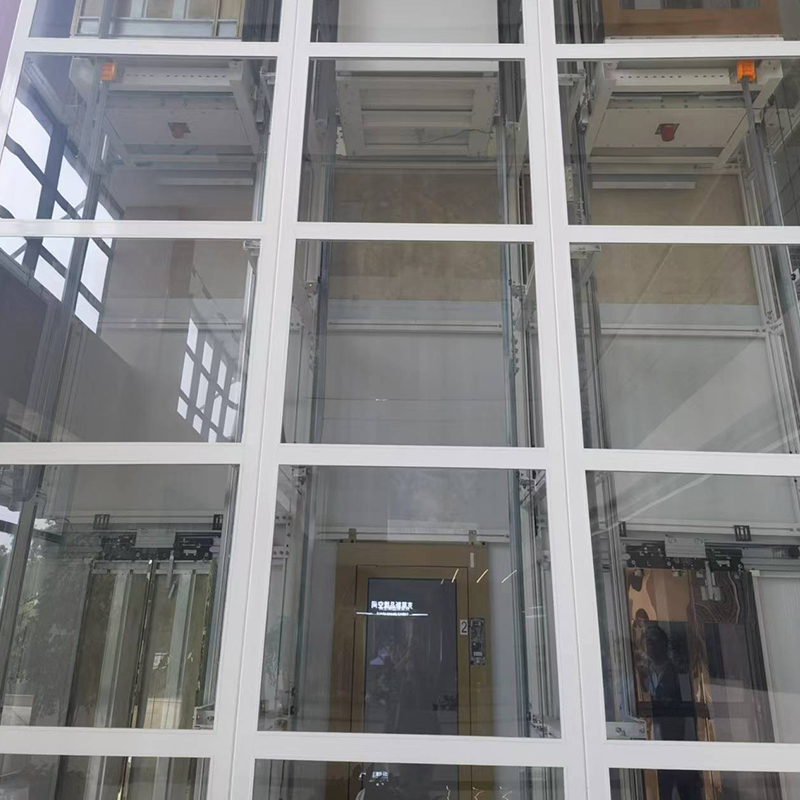Talaan ng mga Nilalaman
I-toggleKumpletuhin ang Pagpapalit ng Elevator
One significant aspect that often requires attention when considering building upgrades is the complete replacement of the elevator. Elevators are crucial for accessibility, especially in multi-story buildings, and over time, they can wear out, becoming less efficient and potentially unsafe. Understanding the cost of a complete elevator replacement is essential for property owners and managers. This article will explore factors influencing the price, what to expect during the process, and the benefits of investing in a complete elevator replacement.
Factors Influencing Cost
The cost of a complete elevator replacement can vary significantly based on several factors:
Type of Elevator:
The type of elevator being installed plays a crucial role in cost. Hydraulic elevators are less expensive than traction elevators but may only be suitable for some buildings. Depending on the specifications, a complete elevator replacement could range from $20,000 to $100,000 or more.
Building Structure:
The existing infrastructure of the building will impact the cost. Suppose the building requires significant modifications to accommodate a new elevator, such as reinforcing the shaft or changing the layout. In that case, this will increase the overall expense of the complete elevator replacement.
Size and Capacity:
Elevators come in various sizes and capacities. A larger elevator designed to carry more weight will typically cost more. During a complete elevator replacement, it’s essential to consider the needs of the building and its occupants to choose the appropriate size.
Customization and Features:
Modern elevators often have advanced features such as smart technology, energy-efficient systems, and aesthetic upgrades. Adding custom finishes, lighting, and advanced controls during a complete elevator replacement can significantly affect costs.
Location:
The geographical location of the building can also influence costs. A complete elevator replacement may be higher in urban areas where labour is more expensive than in rural settings.
Permits and Regulations: Compliance with local building codes and safety regulations is essential when replacing an elevator. Obtaining the necessary permits can add to the cost and timeline of a complete elevator replacement.
Typical Costs
On average, the cost of a complete elevator replacement can be broken down into several components:
Demolition and Removal:
This initial phase involves safely removing the old elevator, costing between $5,000 and $15,000.
Installation:
The installation of a new elevator typically ranges from $15,000 to $75,000, depending on the factors mentioned earlier.
Finishing Touches:
Customization and finishes can add anywhere from $5,000 to $20,000 to the total cost.
Inspection and Compliance:
Ensuring the new elevator meets safety standards may incur additional costs, typically around $1,000 to $5,000.
Overall, the total cost for a complete elevator replacement can range from $30,000 to over $100,000.
The Replacement Process
The process of a complete elevator replacement involves several key steps:
A thorough evaluation of the existing elevator and building structure by professionals is crucial. This assessment will help determine the specific needs for the replacement.
Design and Planning:
A design plan is created once the assessment is complete. This plan should align with the building’s aesthetic and functional requirements.
Permitting:
Before any work begins, obtaining the necessary permits and approvals is essential to ensure compliance with local regulations.
Demolition:
The old elevator will be carefully removed to minimize disruption of building operations.
Installation: The new elevator is installed according to the design specifications. This phase might take several weeks, depending on the complexity of the installation.
Testing and Inspection:
After installation, the elevator undergoes rigorous testing to ensure it meets safety and performance standards.
Final Adjustments: Any necessary adjustments are made, and the elevator is ready.
Benefits of Complete Elevator Replacement
Investing in a complete elevator replacement offers numerous advantages:
Improved Safety:
Older elevators can pose safety hazards. A new elevator will comply with current safety standards, reducing the risk of accidents.
Enhanced Efficiency:
Modern elevators are designed for better performance and energy efficiency, which can lead to lower utility costs.
Increased Property Value: A well-maintained, modern elevator can enhance the overall value of a property, making it more attractive to potential buyers or tenants.
Aesthetic Appeal:
A new elevator can improve the building’s appearance and provide a better experience for users.
Conclusion
In summary, the cost of a complete elevator replacement can vary widely, influenced by factors such as type, building structure, size, and location. While the initial investment may seem significant, the long-term benefits—including enhanced safety, efficiency, and property value—make it a worthwhile consideration for any building owner. If you’re contemplating a complete elevator replacement, consulting with professionals to get an accurate estimate and understanding the specific requirements of your building is crucial.


